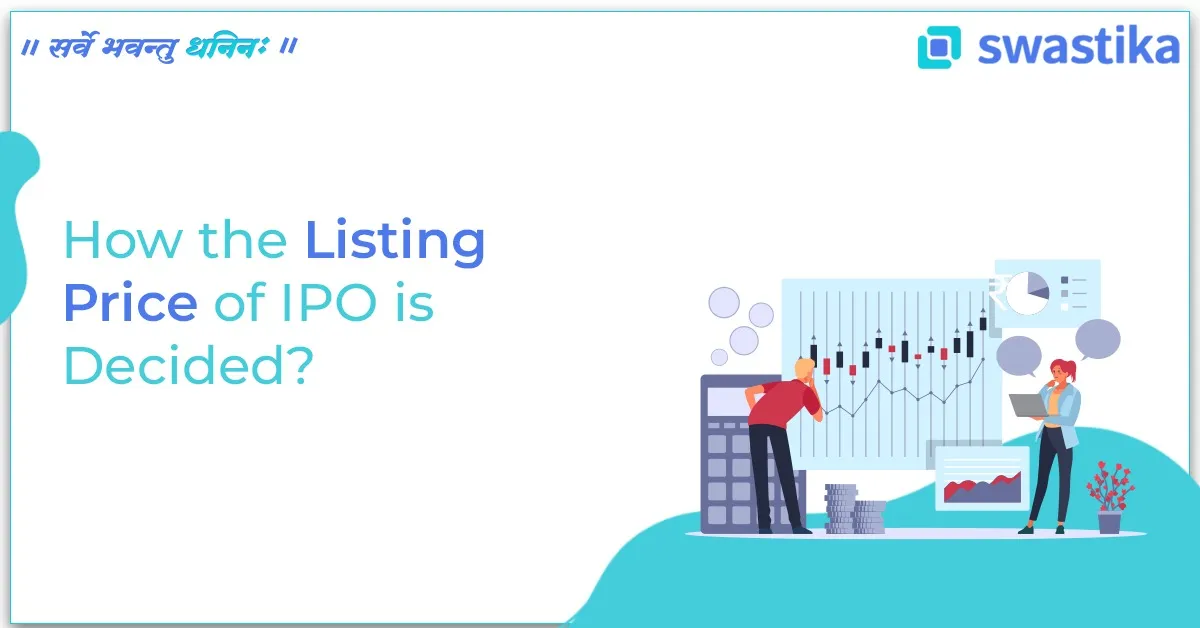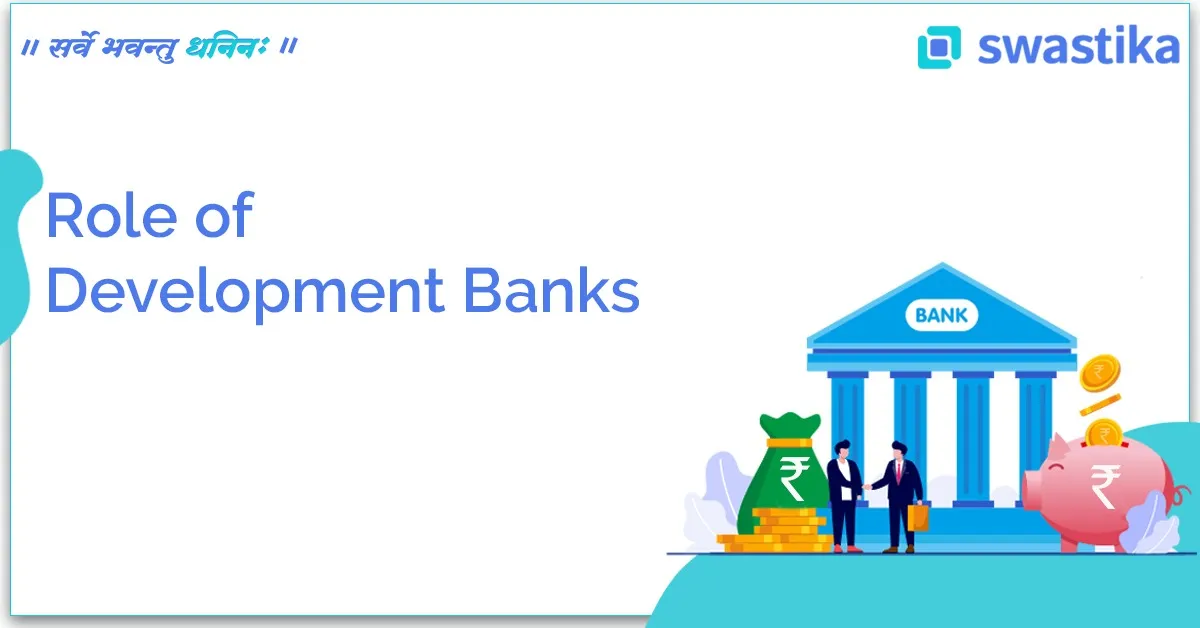Stocks are the only investment asset class in the world that have the capacity to grow the invested amount more than 10k times, and yet the myths surrounding the stock market make people wonder if or not stocks are worth investing in. At the same time, it's equally essential to have realistic expectations from the market. Regardless of the real problems, common myths about the stock market often arise. Here are five of those myths.
1. Investing in Stocks Is Just Like Gambling.
Unfortunately, in our society, Risk and Gamble have become synonymous. People talk about the Stock Markets being risky or akin to gambling in the same vein, and this is the main reasoning that causes many people to shy away from the stock market. To understand why investing in stocks is inherently different from gambling, we need to review what it means to buy stocks.
A share of common stock is ownership in a company. It entitles the holder to a claim on assets as well as a fraction of the profits that the company generates. Too often, investors think of shares as simply a trading vehicle, and they forget that stock represents the ownership of a company.
In the financial exchange, speculators are continually attempting to survey the benefits that will be left over for investors. This is the reason stock costs vary. The viewpoint for business conditions is continually changing, as is the future income of an organization.
Assessing the estimation of an organization isn't a simple practice. There are endless factors including that the momentary value developments have all the earmarks of being irregular (scholastics call this the Random Walk Theory); in any case, over the long haul, an organization should be worth the present value of the benefits it will make.
For the time being, an organization can get by without benefits in view of the desire for future profit, yet no organization can trick speculators perpetually—inevitably, an organization's stock cost can be relied upon to show the genuine estimation of the firm.
When you gamble, you can initiate your action, but then you are helpless about the outcome! Obviously, specialists can help you a tad in making the probable estimation, but it will be exactly that: simply a round of possibility, by the day's end.
Trading has a collection of information and science that upholds. You have a key methodology where you take a gander at information and news streams prior to making an informed investment.
2. The Stock Market Is an Exclusive Club for Brokers and Rich People.
Many market guides guarantee the option to call the business all sectors' turns. The truth of the matter is that pretty much every examination done at this point has refuted that these cases are.
Most market prognosticators are famously incorrect; moreover, the appearance of the web has made the market considerably more open to people in general than at any other time. All the information and exploration apparatuses beforehand accessible just to financiers are presently accessible for people to utilize.
In addition, discount brokerages and Robo-advisors can permit speculators to get to the market with a genuinely negligible investment.
3. Fallen Angels Will Go Back up, Eventually.
Whatever the reason for this myth's allure, nothing is more damaging to novice speculators than the feeling that a stock exchange at almost a 52-week low is a decent purchase. Think about this regarding the old Wall Street maxim, "The individuals who attempt to get a falling blade just get injured."
Suppose you are looking at two stocks:
- X made an all-time high last year around ₹5000 but has since fallen to ₹1000 per share.
- Y is a smaller company but has recently gone from ₹500 to ₹1000 per share.
Which stock would you purchase? In all honesty, taking everything into account, a larger part of financial specialists pick the stock that has tumbled from ₹5000 in light of the fact that they trust it will, in the end, make it back up to those levels once more. Thinking this way is a cardinal sin in contributing.
Cost is just a single piece of the contributing condition (which is unique in relation to exchanging, which utilizes specialized examination). The objective is to purchase acceptable organizations at a sensible cost.
Purchasing organizations exclusively in light of the fact that their market costs have fallen will waste your time. Ensure you don't mistake this training for esteem contribution, which is purchasing top-notch organizations that are underestimated by the market.
4. Stocks That Go up Must Come Down.
The laws of physics do not apply to the stock market. This makes a difference to the securities exchange. There's no gravitational power to pull stocks back to even. More than 20 years prior, Berkshire Hathaway's stock cost went from $7,455 to $17,250 per share in somewhat more than a five-year time span.
Had you felt that this stock planned to re-visitation of its lower starting position, you would have passed up the ensuing ascent to over $303,000 per share toward the start of 2018.
We're making an effort not to reveal to you that stocks never go through an adjustment. The fact is that the stock cost is an impression of the organization. On the off chance that you locate an extraordinary firm run by amazing supervisors, there is no explanation the stock won't continue going up.
5. A Little Knowledge Is Better Than None
Realizing something is commonly a way that is better than nothing, yet it is vital in the securities exchange that singular speculators have an away from what they are doing with their cash. Speculators who get their work done are the ones that succeed.
In the event that you don't have the opportunity to completely comprehend how to deal with your cash, at that point having counsel is certainly not an awful thing. The expense of putting resources into something that you don't completely comprehend far exceeds the expense of utilizing a speculation guide.
Bottom Line
Forgive us for ending with more investing clichés, but there's another adage worth repeating: "What's obvious is obviously wrong."
Like anything worth anything, effective contributing requires difficult work and exertion. Consider a somewhat educated speculator a halfway educated specialist; the mix-up could be seriously harmful to your monetary well-being.


.png)




.webp)
.webp)

.webp)






